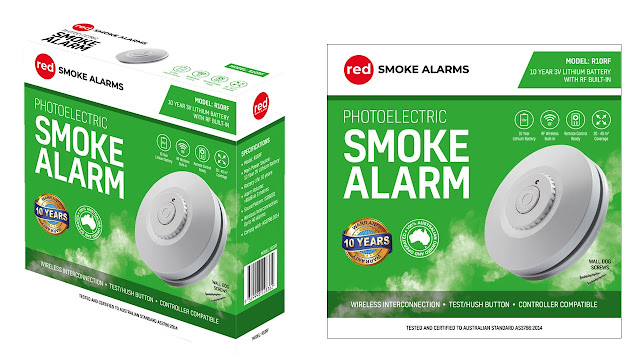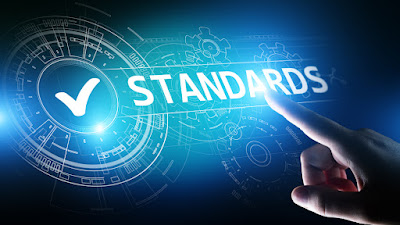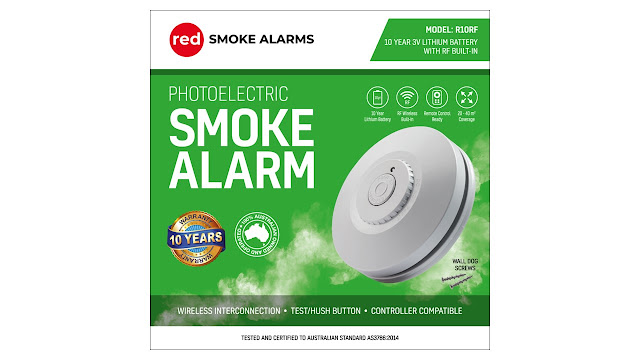Are NSW smoke alarm laws working? You won’t believe this shocking statistic about smoke alarms in New South Wales!
A surge in residential fires during the most recent 2023 winter season has prompted a renewed call for New South Wales (NSW) residents to ensure their smoke alarms are in working order. According to data from Fire and Rescue NSW, there were 1,063 fires in NSW homes this winter, marking a 12% increase compared to the previous year. Alarmingly, when NSW firefighters responded to these incidents, they discovered that nearly half of the affected homes lacked a functional smoke alarm!
Fire and Rescue NSW Acting Assistant Commissioner David Felton posed a crucial question to residents: "When was the last time you checked your home's smoke alarm was working?" He emphasized the alarming fact that in almost half of the winter fires they responded to, there was no operational smoke detector. There were 115 reported injuries resulting from NSW house fires this winter, with eight deaths reported in 2023.
In light of these concerning statistics, firefighters are urging households to familiarize themselves with NSW smoke alarm legislation and develop a comprehensive home evacuation plan. This plan should include the identification of practical escape routes in case of a fire breaking out in different parts of the home.
For those seeking assistance and guidance in enhancing home safety, a free home safety visit can be scheduled for NSW residents by visiting https://www.fire.nsw.gov.au/visits. During these visits, NSW firefighters will inspect homes, offer safety advice, and can even install a 10-year smoke alarm, free of charge, if deemed necessary. It is crucial for all NSW residents to take these proactive measures to safeguard their homes and loved ones from the risk of fires.
What does the NSW smoke alarm legislation state?
NSW smoke alarm legislation states that smoke alarms must be installed in every dwelling where someone sleeps, and on every storey of the dwelling. In storeys containing bedrooms smoke alarms are to be located on or near the ceiling and positioned in every corridor or hallway associated with a bedroom, or if there is no corridor or hallway, between the part of the building containing the bedroom and the remainder of the building or home.
If there are no bedrooms on a storey of a dwelling then a smoke alarm must still be installed in the path of travel people will most likely take to evacuate the dwelling. This will ensure an alarm is sounded before smoke makes the escape route impassable. If the bedrooms are on the first floor, then an alarm should be positioned near the area of the interconnecting stairs
NSW smoke alarm legislation also states that smoke alarms must be compliant to Australian Standard 3786 and for private dwellings they can be either hardwired smoke alarms (to the mains household electricity supply) or battery powered smoke alarms.
It is not currently mandated by law in NSW that smoke alarms must be interconnected and installed inside every bedroom within a dwelling, although this is strongly recommended by NSW Fire and Rescue.
Do you have any questions about NSW smoke alarm legislation?
Give us a call on 0478 596 402 - we love talking smoke alarms!
Photoelectric Smoke Alarms Australia
www.photoelectricsmokealarms.com.au



Comments
Post a Comment